Early Childhood Development
Learning development starts long before a child begins kindergarten. A child’s development is strengthened through regular interaction and stimulation in both the home and in quality early learning settings.
Here are five things to know about child care and childhood development:
- During the earliest years of life, the brain is most flexible and responsive to learning, forming over a million new neural connections every second.
- Attending high-quality care can help kids build important skills, like learning to read, recognizing letters and the sounds they make, understanding and using math, and developing strong speaking and listening abilities.
- A large review of studies (meta-analysis) found that kids who attended high-quality early learning programs were less likely to be held back a grade and more likely to graduate from high school.
- High-quality early learning has positive long-term effects on children’s cognitive development, capacity to understand and manage emotions, ability to get along with others, and means to build relationships through kindergarten and beyond.
- Attending early learning and care programs have been associated with significant reductions in special education placement.
Learn more:
Posts
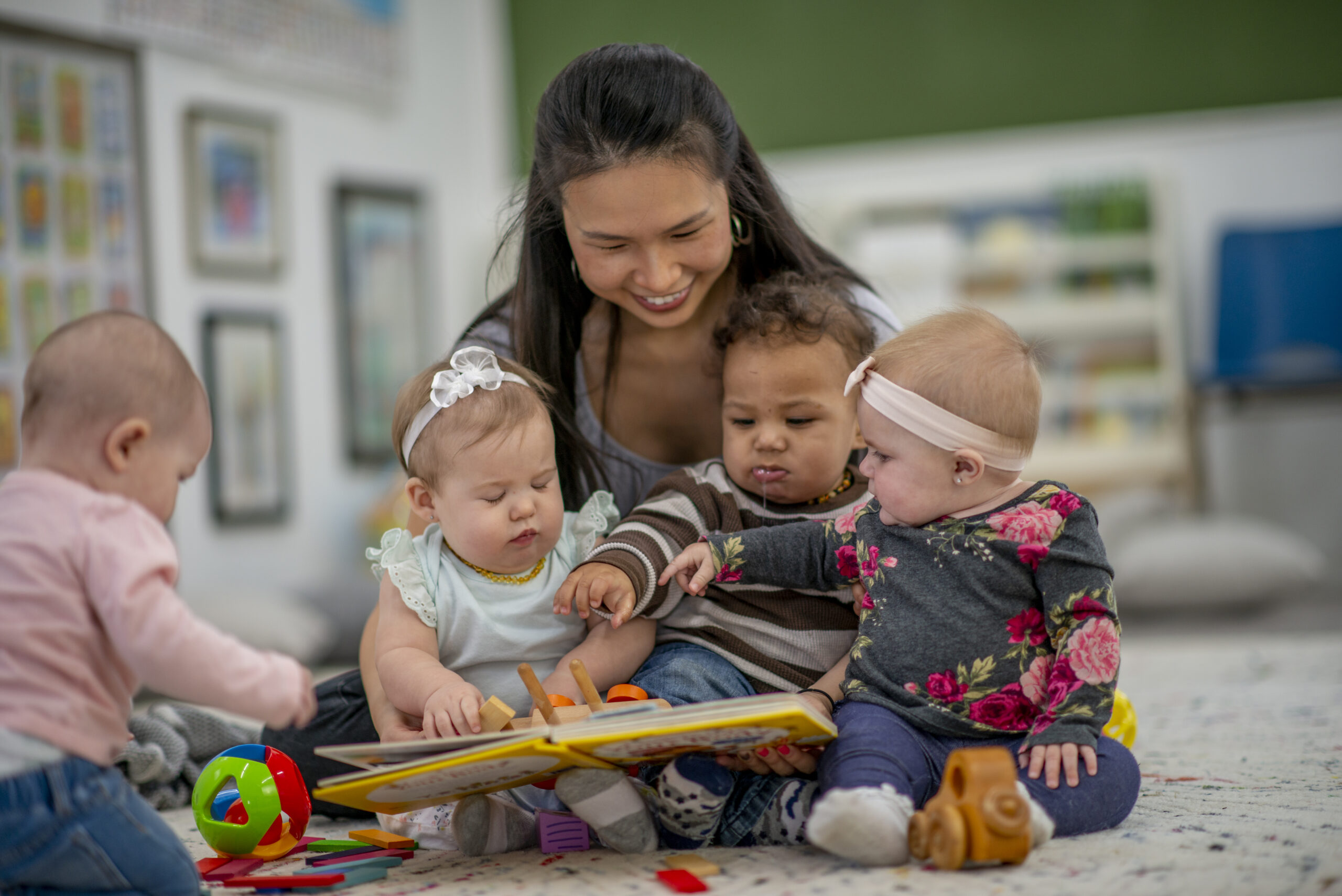
Resource
April 23, 2024
Early Head Start–Child Care Partnerships (EHS-CCP) build on the existing strengths of Early Head Start and Child Care and Development Fund (CCDF) subsidies, which allow low-income families to access high-quality child care.
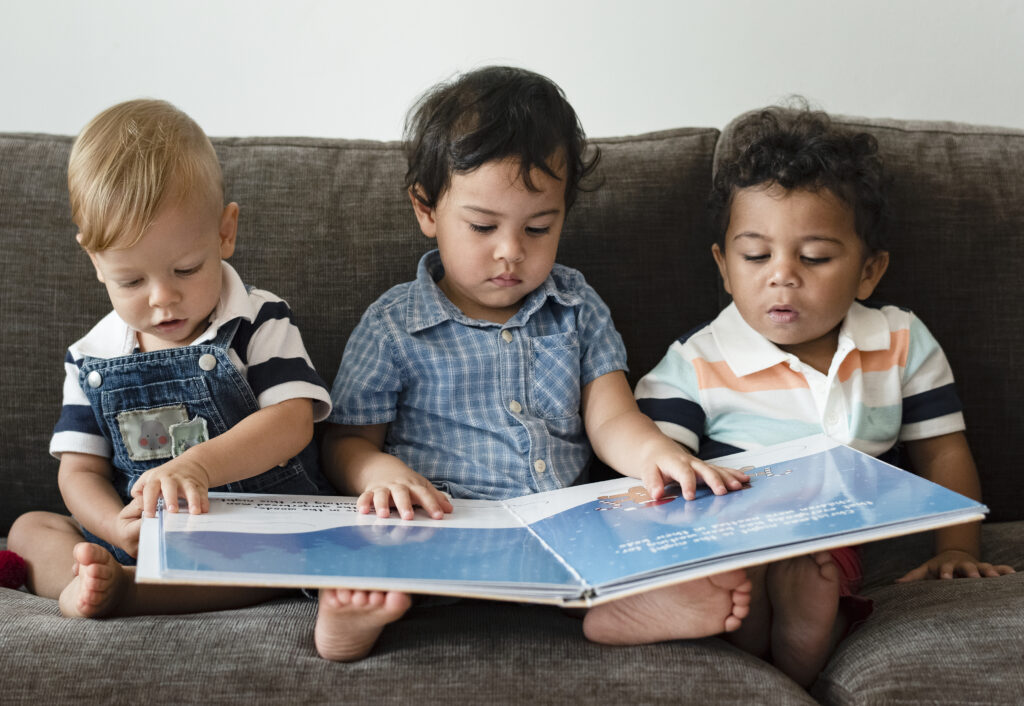
Resource
November 3, 2023
The first three years of children’s lives are a critical period for their development. State policy choices that impact young children and their families during pregnancy and these early years …
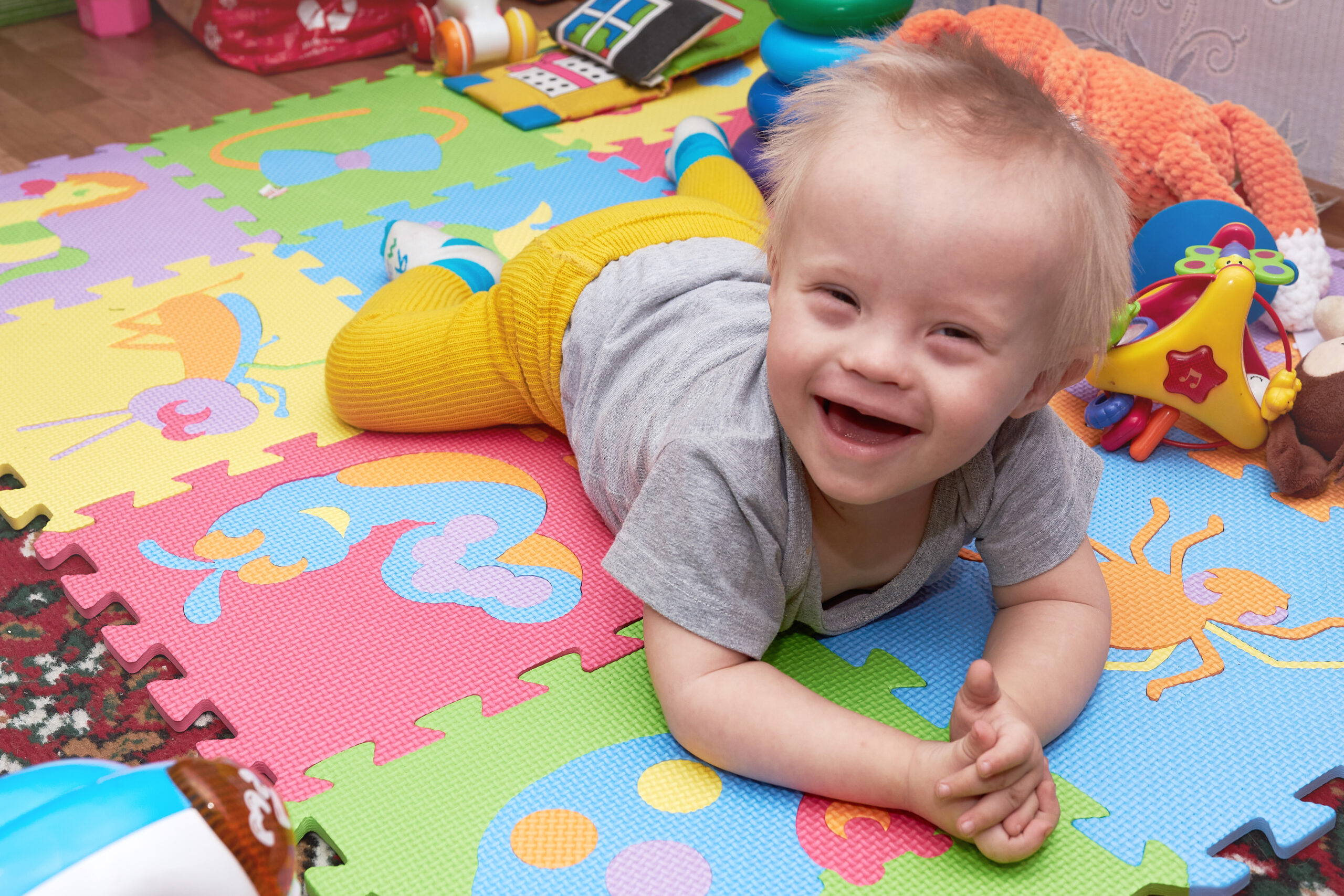
Resource
October 27, 2023
The report identified various challenges, including varying eligibility criteria, staffing shortages, and limited data collection, and concluded with several recommendations for Congress. The first few years of life are critical …
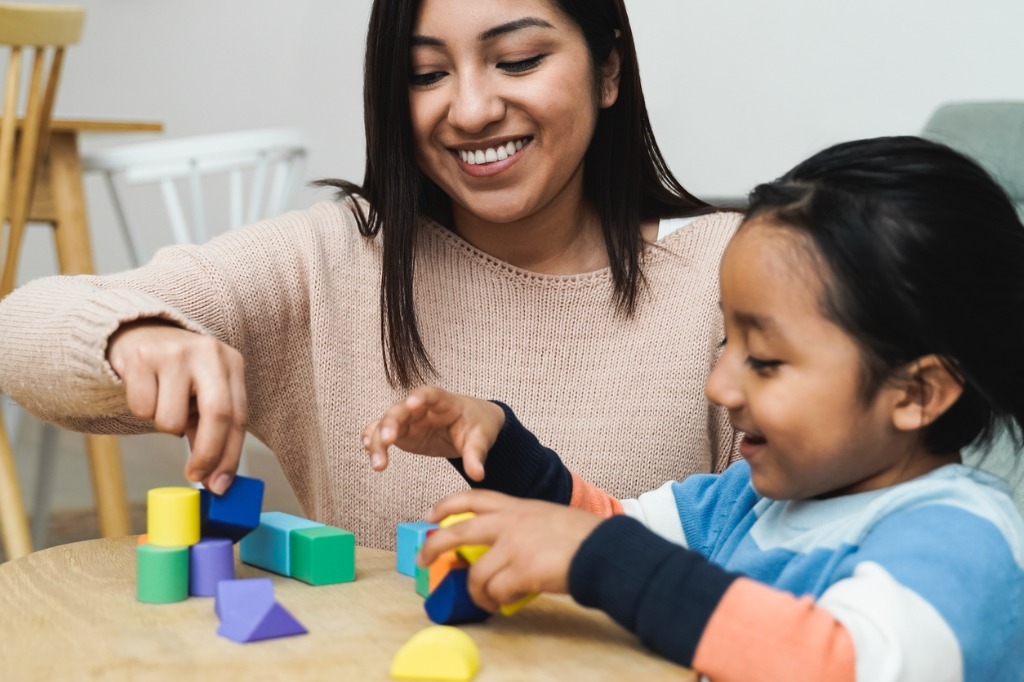
Resource
October 13, 2023
As FFYF commemorates Hispanic Heritage Month, we take a moment to reflect on the remarkable contributions of Latinx communities across the United States. In recognizing and celebrating our nation’s Latinx …
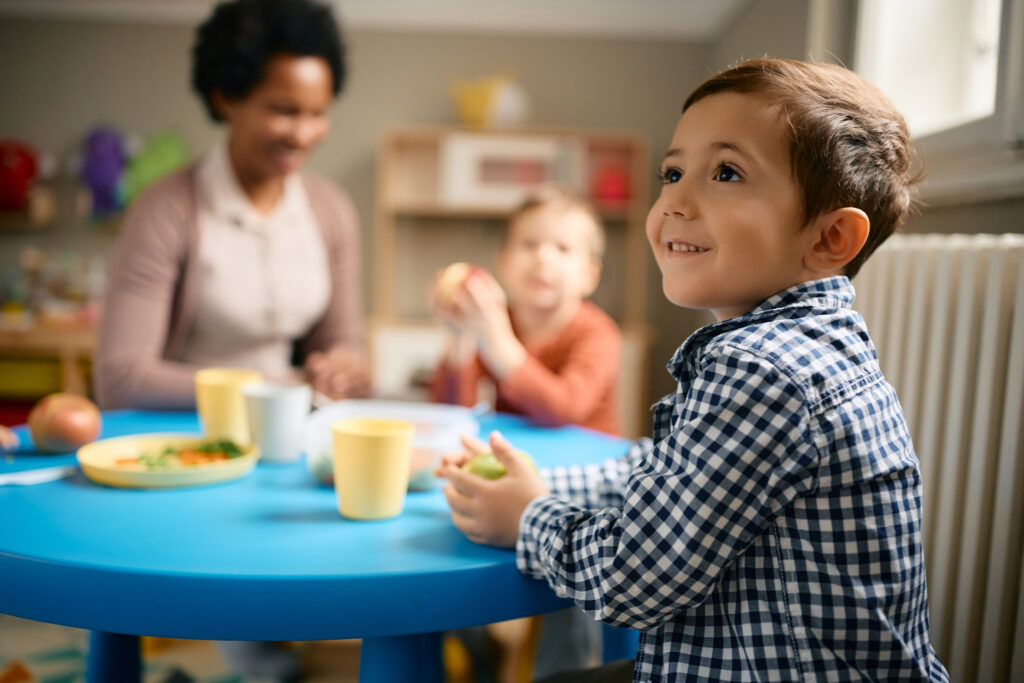
News
October 6, 2023
Earlier this month, Representatives Greg Landsman (D-OH) and Suzanne Bonamici (D-OR) introduced H.R. 5569, The Child Care Nutrition Enhancement Act. The bill makes important updates to the Child and Adult …
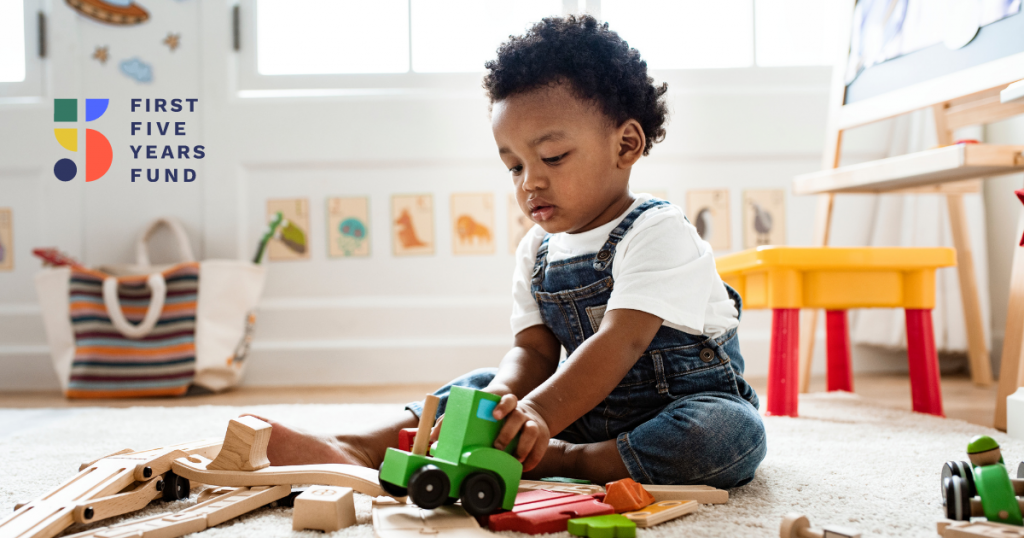
Resource
October 3, 2023
ZERO TO THREE recently released the State of Babies Yearbook: 2023, an in-depth report on how state and federal policies have impacted the lives of families and their young babies. …
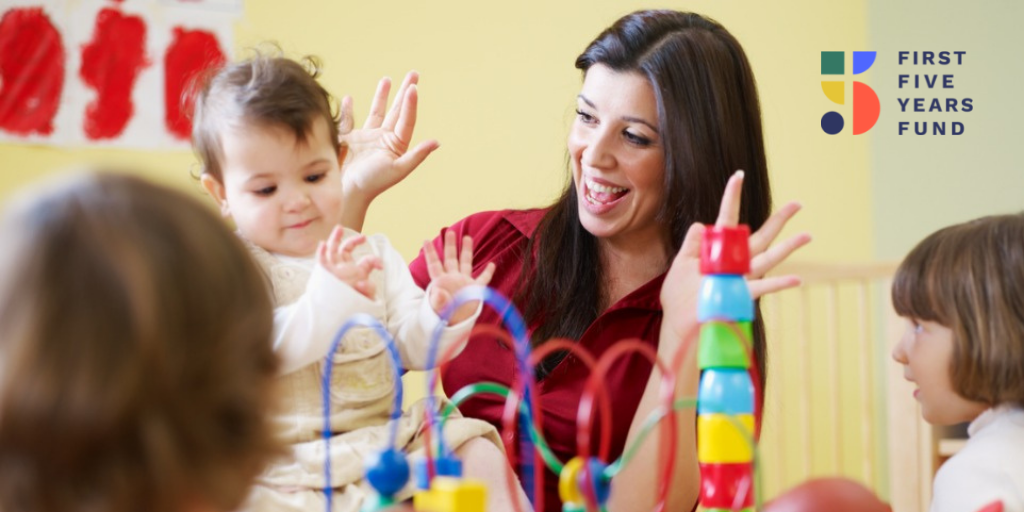
Resource
August 7, 2023
The BUILD Initiative, ZERO TO THREE, and Start Early, recently released a new brief highlighting the strategies states are using to support infants and toddlers in their Preschool Development Grant …

Resource
July 31, 2023
Our new analysis of all 50 states and Washington, D.C. shows that child care and early learning programs have tremendous impacts on young children, their families, and the economy at …
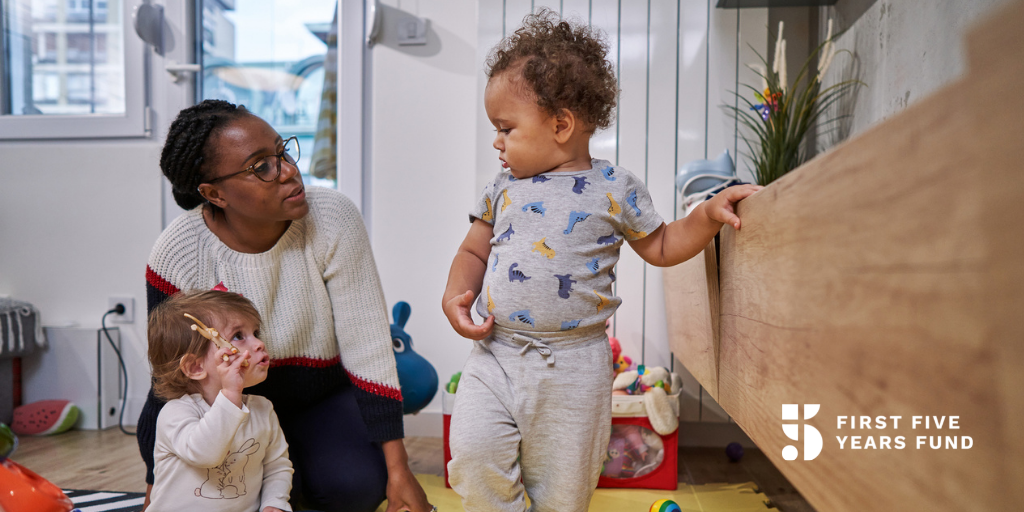
Resource
April 25, 2023
The National Institute for Early Education Research (NIEER) recently released “Including Family Child Care (FCC) Programs in Publicly-Funded Pre-K: Conditions for Success”, a report demonstrating the benefits of including family …
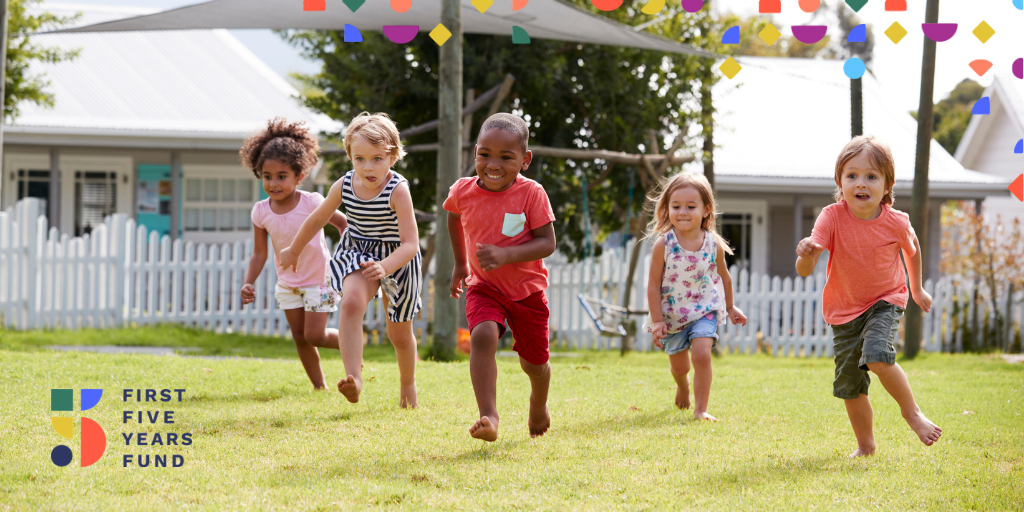
Resource
April 14, 2023
A new survey from The National Institute for Early Education Research (NIEER) found that fall 2022 preschool participation rates have returned to pre-pandemic 2019 levels. According to NIEER’s Preschool Learning …
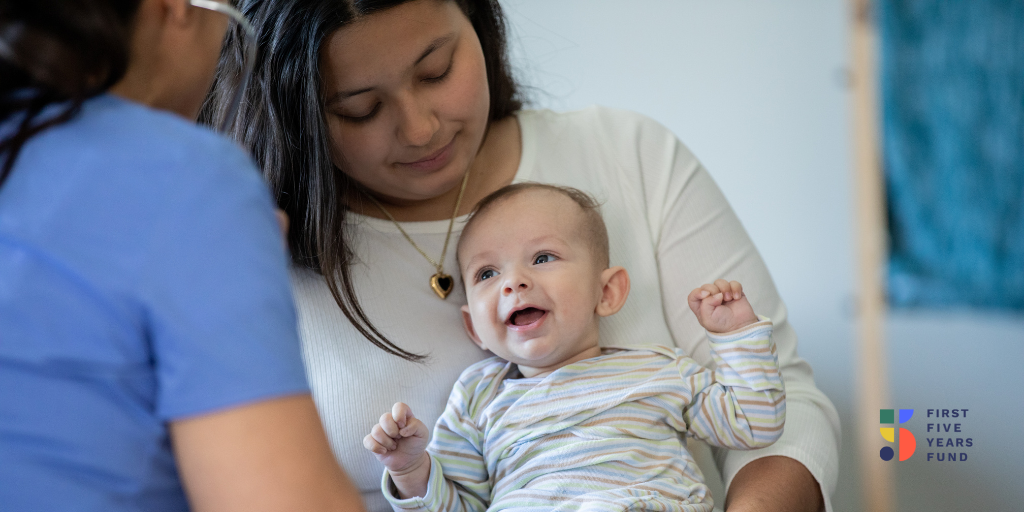
Resource
February 28, 2023
Earlier this month, the Administration for Children and Families (ACF) announced a grant opportunity for tribes to access funding for the FY 2023 Maternal, Infant, and Early Childhood Home Visiting …
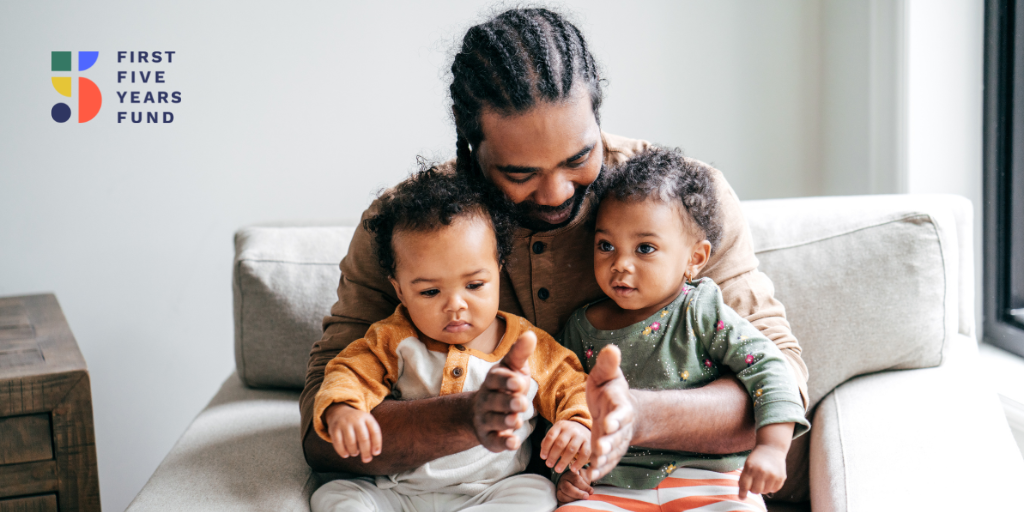
Resource
January 25, 2023
Last week, the Bipartisan Policy Center (BPC) released a state-by-state report analyzing the integration and efficiency of early care and education (ECE) systems. This report serves as a follow-up to …












